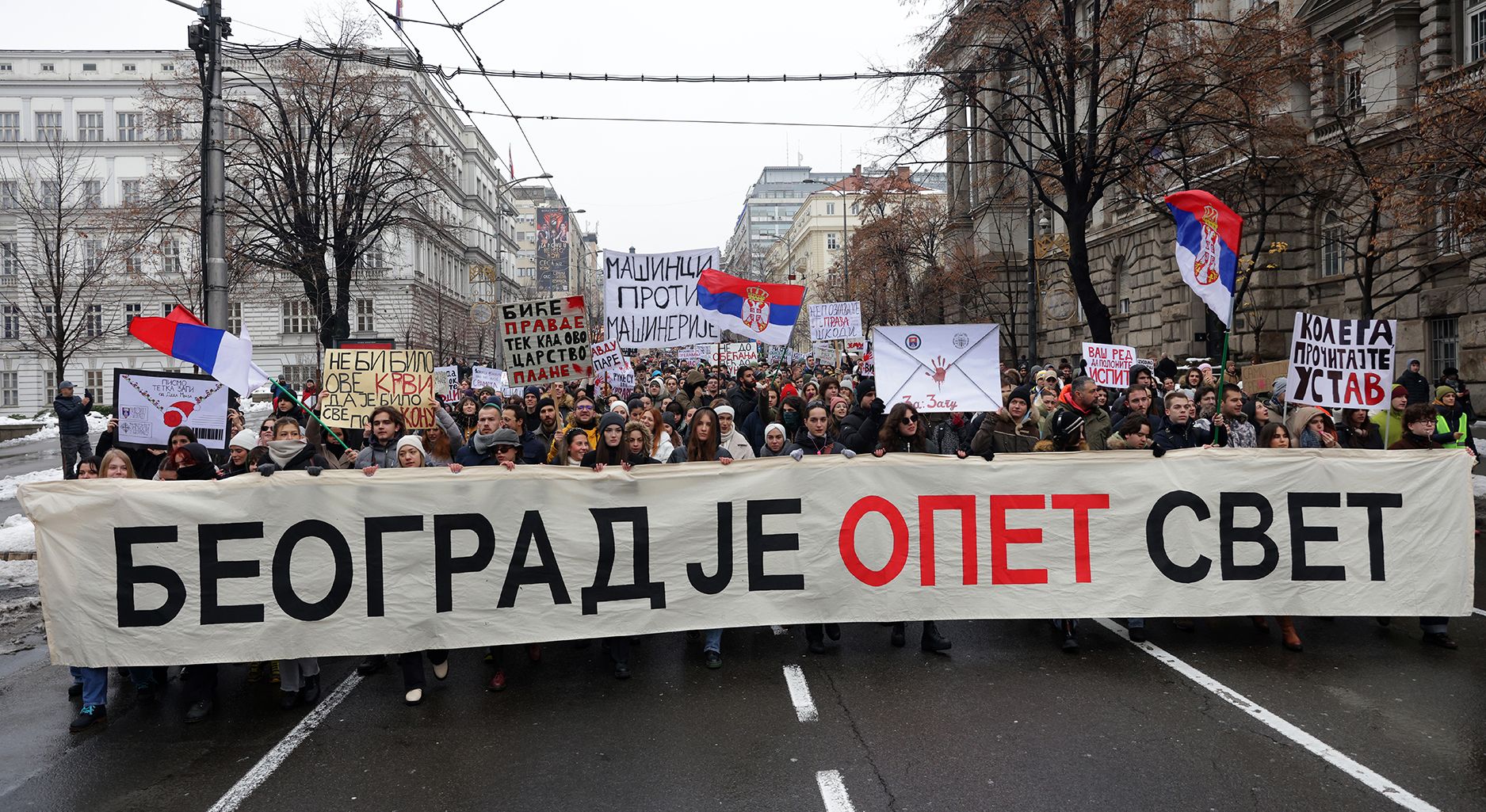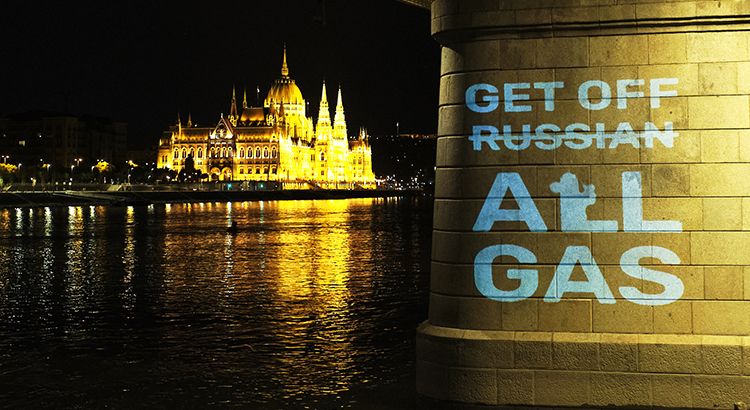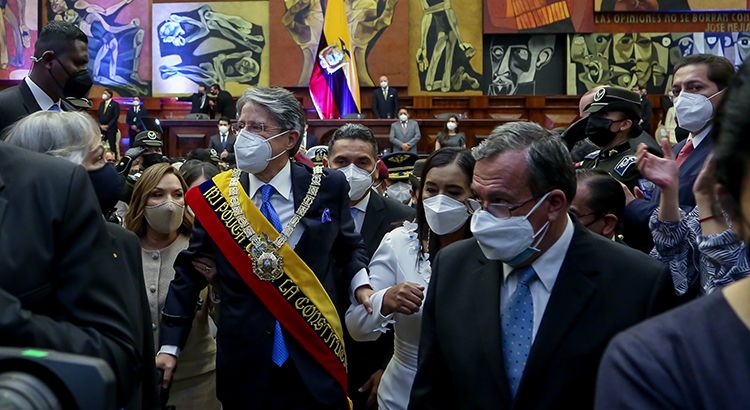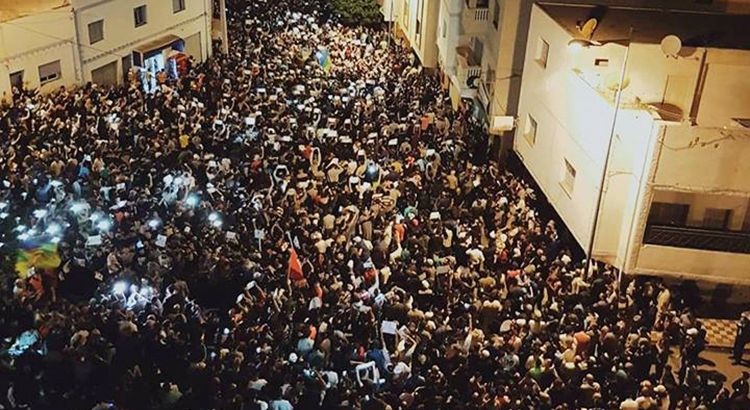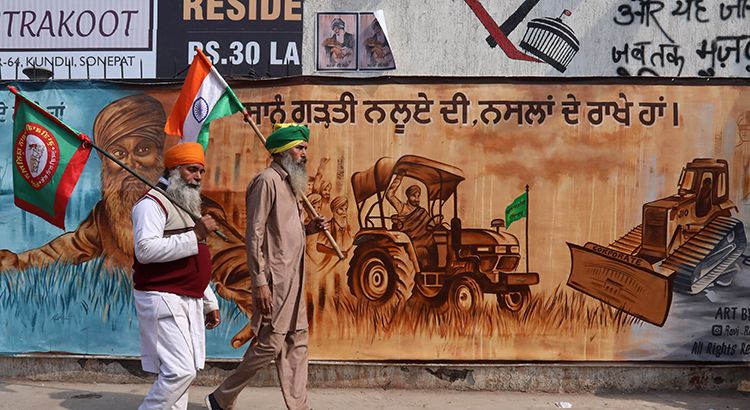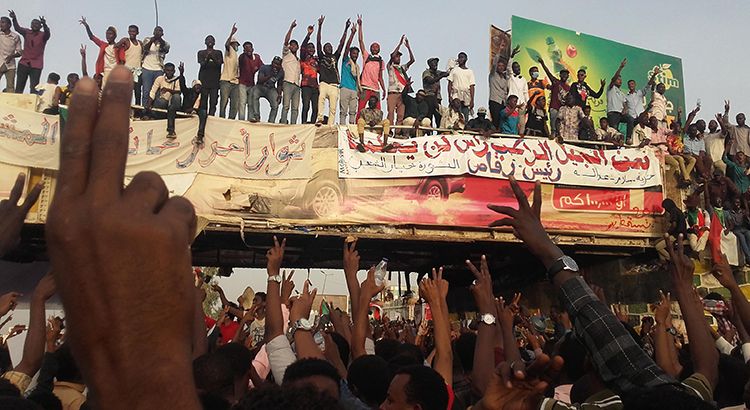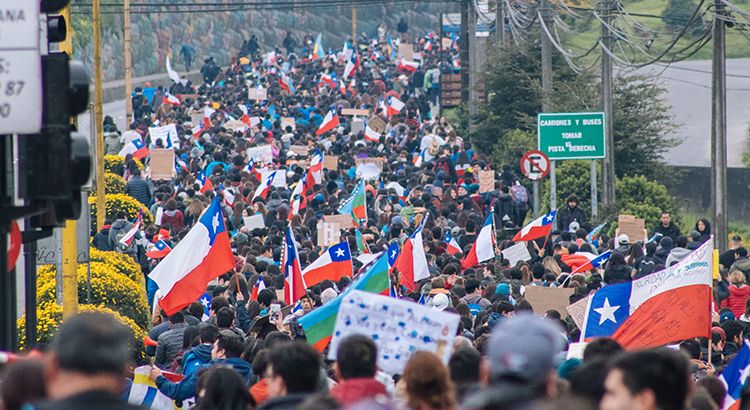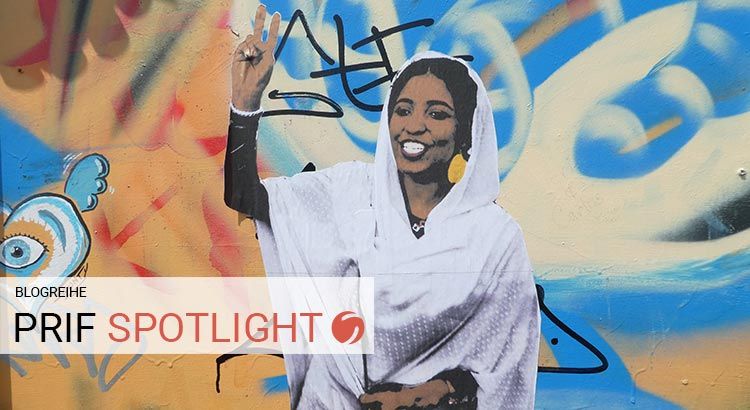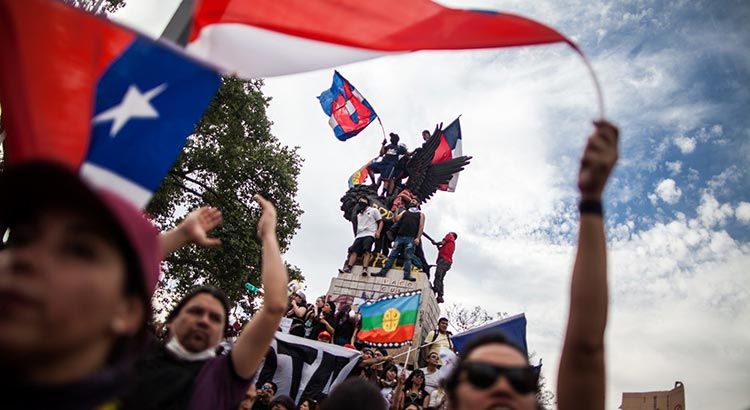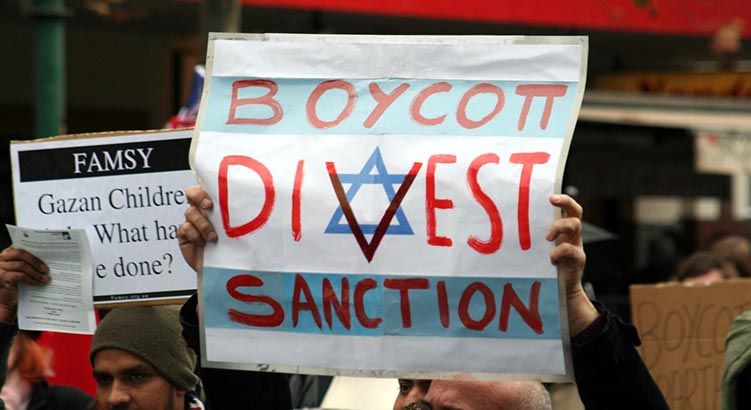Schlagwort: soziale Bewegungen
Following the collapse of the recently renovated Novi Sad train station, which resulted in the death of 15 people, students across Serbia have been leading one of Europe’s largest protest movements. After months of anti-corruption demonstrations demanding justice and government accountability, hundreds of thousands gathered in Belgrade on March 15, 2025, in what some call the largest mass protest in Serbia’s history. While unprecedented in scale, these protests build on previous uprisings since 2018, driven by diverse causes, but united by a common thread – deep dissatisfaction with the corrupted state apparatus and Vučić’s regime.
„Wutwinter“, heißer Herbst und Klimakrise: Ohne sozial-ökologische Vision erstarkt die extreme Rechte
Die Energiekrise stellt die Gesellschaft vor große soziale und politische Herausforderungen. Intensiv wird über den kommenden „Wutwinter“ und heißen Herbst diskutiert, während erste Proteste bereits stattfinden. Protest ist nichts Negatives und gehört zur demokratischen Willensbildung. Es gilt aber das Protestgeschehen auf den demokratischen Gehalt zu befragen und Initiativen von Links und Rechts nicht über einen Kamm zu scheren. Erneut droht, wie schon bei Pegida und den Corona-Protesten, die extreme Rechte von der gesellschaftlichen Stimmung zu profitieren. Um hier entgegenzuhalten, könnte es helfen, die Diskussionen um die Energiekrise von dem Fokus auf Russland zu lösen und umfassender im Kontext der Klimakrise zu verhandeln.
Moving past the Pro-Correa / Anti-Correa divide in Ecuadorian politics: The indigenous Pachakutik party as a third force
On May 24, the day he took office as Ecuador’s new president, Guillermo Lasso, was seen leaving the ceremony next to Guadalupe Llori, indigenous leader and newly elected president of the National Assembly. Lasso, a conservative politician and former banker, had won the runoff against Andrés Arauz, the candidate supported by the political movement of former president Rafael Correa, who had governed the country between 2007 and 2017. Yet, Ecuador’s new political landscape offers a chance to move beyond the polarization between Correa supporters (Correístas) and opponents (Anti-Correístas). A key sociopolitical force in this regard is the indigenous movement and its political organization, Pachakutik.
Ten Years After the Arab Spring: How Stable is Morocco Really?
Ten years after the onset of the February 20 Movement, its variant of the “Arab Spring”, Morocco is still perceived as a bedrock of stability in the region. However, while the king successfully contained the 2011 uprising, under the surface the rift between state and society is still widening. As public trust continues to erode, Moroccans increasingly turn their attention to the streets in order to air their grievances. Drawing parallels to Algeria, which saw its dictator unexpectedly fall in 2019, this article questions the paradigm of Moroccan stability. The next wave of protests may not be so distant after all.
Bäuer*innenproteste in Indien und anderswo: Der Aufstand des Landes
Indien erlebt derzeit die größten Proteste seiner Geschichte: Millionen Bäuer*innen sind mit ihren Traktoren in die indische Hauptstadt Delhi gezogen. Angesichts einer geplanten Gesetzesinitiative zur Liberalisierung des Agrarmarktes fürchten Millionen um ihre Existenz. Längst haben die Proteste auch auf Themen von Demokratie, Repräsentation und Kultur übergegriffen. Doch nicht nur in Indien sind Agrarpolitik, Lieferketten, und ländliche Produktionsbedingungen zu hoch politisierten Themen geworden.
Nichts ist vorbei! Zehn Jahre Arabische Aufstände
Vor zehn Jahren brachten Massenproteste den tunesischen Diktator Ben Ali zu Fall. Weitere Aufstände folgten, aber auch Bürgerkriege, regionale Instabilität und Flucht. Ab 2016 jedoch begann eine zweite Welle an großen Demonstrationen, die 2019 von Algerien bis in den Irak Demokratie und soziale Gerechtigkeit forderten und Präsidenten und Regierungen stürzten. Statt also nur zu fragen, was von den arabischen Aufständen blieb, sollten wir genau hinschauen, welche Transformationen weiterhin laufen und diskutieren, wie Europa die Prozesse des Wandels unterstützen kann.
One Year Later: The Legacy of Latin America’s 2019 Mass Protests
Between October and December 2019, mass protests swept Bolivia, Chile, Colombia and Ecuador. A year later, the legacies of these episodes of contention look very different. While in Chile protests enforced the initiation of a constitutional reform process that continues on track, recent elections in Bolivia reversed last year’s political about-face. In Ecuador and Colombia, the 2019 mass protests did not initiate comparable policy changes to begin with – but this doesn’t mean they had no lasting effects.
Wie friedliche Revolutionen nachhaltig demokratische Entwicklung stärken
Friedliche Revolutionen, welche beispielsweise in Polen, der DDR, oder jüngst im Sudan zum Ende von Diktaturen geführt haben, sind historische Wegscheiden, die nachhaltig die politische Entwicklung eines Landes prägen. Neue Forschungsergebnisse zeigen, dass friedliche Revolutionen langfristig die Stabilität und Qualität von Demokratien befördern. Demokratieförderung und Entwicklungszusammenarbeit können an diese Erkenntnisse anknüpfen.
The Current Wave of Protests in Latin America and the MENA – A Struggle for Incorporation?
During the last months, we witnessed massive protests around the globe against authoritarian rule, social injustice and climate change. Looking more closely at the ongoing wave of contention, we find two regional hotbeds for socioeconomic protests, the Middle East and North Africa (MENA) and Latin America. In countries as different as Lebanon and Iraq, Chile and Ecuador, public contention was primarily driven by socioeconomic grievances. In a project concluded earlier this year, we compared socioeconomic protests in both regions and found striking similarities in spite of very different contexts. Studying the evolution of socioeconomic contention in Egypt and Tunisia since the 2011 revolutions against the background of Latin American experiences, we found that there are surprising similarities in the patterns of contentious politics which can be explained when we consider them as an expression of a fundamental crisis of popular-sector incorporation.
Desinvestitionen & die globale BDS-Kampagne gegen Israel – Warum kehren Fonds & Firmen Israel den Rücken?
Von Gegnern als antisemitisch kritisiert, von Unterstützern als wirksames Mittel gegen die israelische Besatzung gepriesen – die palästinensische Kampagne Boycott, Divestment and Sanctions, kurz BDS, hat sich zu einer der wohl kontroversesten Protestbewegungen unserer Zeit entwickelt. In den vergangenen Jahren zogen jährlich im Schnitt rund sechs ausländische Fonds und Firmen ihre Investitionen aus Israel oder dort tätigen Unternehmen ab. Doch welchen Einfluss haben die Boykottaufrufe der Kampagne auf diese Entscheidungen? Ein Blick auf die Desinvestitionen sowie deren Begründungen lässt Zweifel aufkommen an der Unterstützung, die die BDS-Kampagne für sich reklamiert.
